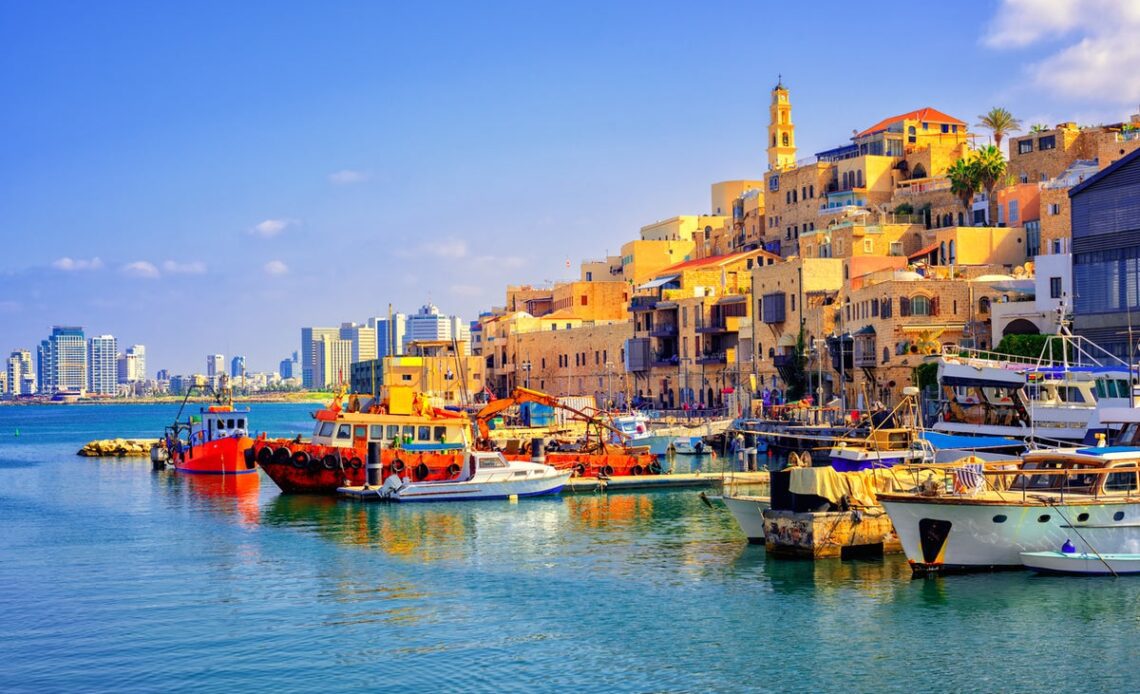Israel and the Palestinian Territories cover an area that’s only a bit larger than Wales, but this small slice of land is some of the most sacred on the planet – and the most contested. As the location of holy sites for the world’s three major religions, this place has lured travellers like a magnet for millennia. It has been a crossroads of culture and commerce since time immemorial, but Israel and the Palestinian Territories also pack in an astonishing array of landscapes, including coastline on two different seas, two famous lakes, roasting rural deserts and even snow-capped mountains.
Travel restrictions and entry requirements
Israel has lifted most of its Covid-19 restrictions. Travellers arriving in Israel must fill out an Israel Entry Form before departure but no longer have to show proof of vaccination or wear a mask on the plane, and taking a Covid-19 test is not required. The Israeli government asks that travellers who do not feel well during their first 10 days after arrival take a PCR test. Visitors must have a health insurance policy that includes coverage for the treatment of Covid-19. The government does not currently mandate wearing a mask in indoor spaces, but previous rules may be reimposed depending on Covid case rates. Some businesses might still require masks.
Best time to go
Like other destinations in the Middle East, Israel and the Palestinian Territories are best visited in spring and autumn, which are marked by balmy but comfortable weather. Temperatures soar in the summer (May-September), making it a great time to head to the beach – but this time of year can mean sweat-drenched sightseeing in the cities. Winters are relatively mild. Snow falls in northern areas and at higher altitudes, including in Jerusalem, but at Israel’s southern tip, you can still take a winter dip in the Red Sea.
Crowds – and costs – surge around religious holidays. Because the Jewish and Islamic calendars are based on lunar cycles, holiday dates shift slightly every year in the Gregorian calendar. Visiting during a holiday can have a huge effect on your stay: on some Jewish holidays, restaurants, supermarkets and even border crossings close, while during Ramadan, businesses in East Jerusalem, the Palestinian West Bank and Arab areas of Israel close for the day but reopen after sunset.
The weekly Shabbat – the Jewish day of rest that takes place from Friday evening to Saturday night – might also affect travel plans. In observant and Orthodox…
Click Here to Read the Full Original Article at The Independent Travel…
